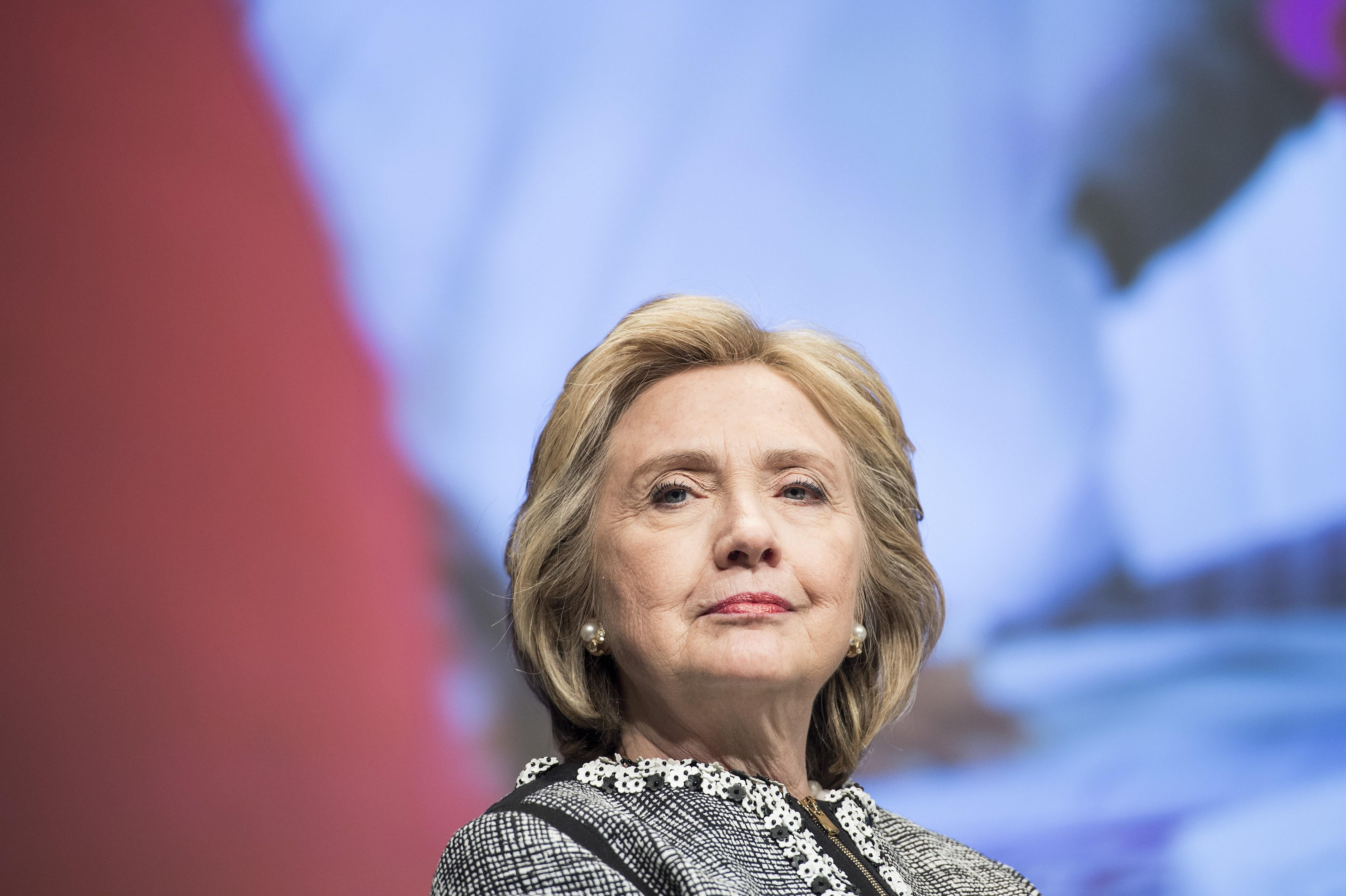Hillary Clinton may believe our campaign finance system needs fixing, but for now it’s clear she’s not willing to pass up any of the advantages it offers her. The New York Times reports that Clinton has begun personally courting donors to Priorities USA Action, the top Democratic super PAC. Her in-person sales pitch marks the first time that she or any other Democratic presidential candidate has so fully embraced the technically independent political groups.
Clinton reportedly met with the super PAC’s donors in San Francisco on Wednesday, and is expected to do the same in Los Angeles on Thursday. The goal is to raise as much as $300 million for the group for 2016, which would likely put Priorities USA on par with the largest Republican super PACs. Here’s the Times with more on Clinton’s decision-making, which was based in large part on fears she was losing ground in the cash game to her GOP rivals:
Mrs. Clinton planned to raise money for Priorities in her campaign but initially delayed doing so because of her desire to carefully pace her campaign’s start, her pledge to make campaign finance reform a critical issue and a dispute about the super PAC’s management structure. But supporters became anxious in recent weeks that she was squandering the enthusiasm generated by her official campaign announcement, and Mrs. Clinton decided she could no longer delay.
Two leading Republican contenders have delayed officially entering the campaign, devoting their time to personally soliciting money for super PACs set up by their aides. One of them, Jeb Bush, has moved to shift costs like policy research and voter data maintenance to nonprofits that are formally independent of their campaign efforts.
Priorities USA was founded in 2011 by two of President Obama’s former aides, but the president never personally appeared at any of the group’s donor gatherings during his reelection effort. (He did, however, appear at several super PAC fundraisers for congressional Democrats during the 2014 midterm cycle.) Obama’s decision to keep the group and its donors at arm’s length was a chief reason why the group brought in “only” $100 million during the 2012 cycle.
Super PACs are barred from coordinating with candidates—although the last presidential election (and Stephen Colbert) showed that’s largely an unenforceable technicality. Under current FEC rules, Clinton and other declared candidates are allowed to appear at super PAC fundraisers, but they can only ask donors to cut checks for $5,000 or less. There is nothing in the law, however, that prevents the group’s staff from asking for larger amounts as soon as the candidate leaves the room.
